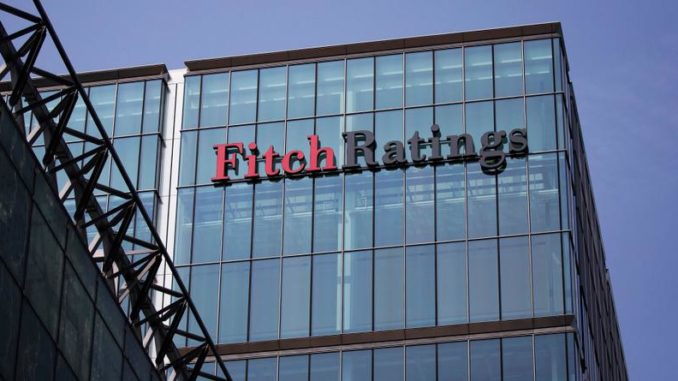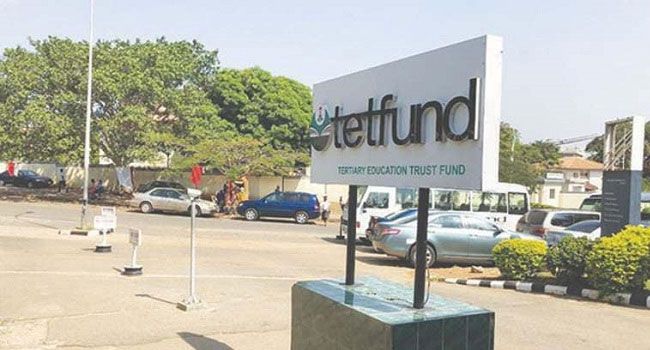
France has suffered a fresh economic blow as Fitch Ratings downgraded the country’s sovereign credit score from “AA-” to “A+” on Friday, citing mounting political instability and the government’s dwindling ability to rein in spiralling public debt.
The downgrade comes amid a storm of fiscal and political challenges. Just days earlier, Prime Minister François Bayrou resigned after losing a parliamentary confidence vote tied to his proposed austerity-driven budget. The plan, which aimed to reduce public spending and shrink the national deficit, was met with strong opposition and failed to pass.
Fitch warned that without urgent reforms, France’s debt burden already among the highest in the eurozone will continue climbing until at least 2027, undermining long-term financial stability.
“France’s increasingly fragmented and polarised political landscape is weakening the state’s ability to execute meaningful fiscal consolidation,” the agency said in its rating note.
According to Fitch, France’s public debt is projected to balloon from 113.2% of GDP in 2024 to 121% by 2027, far above the eurozone’s 60% ceiling. The agency also cast doubt on the government’s target to reduce its deficit to 3% of GDP by 2029, calling it “unlikely under current political conditions.”
The timing of the downgrade is critical. Sebastien Lecornu, recently appointed as Prime Minister, now faces the tough task of crafting a 2026 budget while leading a likely minority government with little room for political manoeuvring.
Meanwhile, investors have already begun reacting. Yields on French 10-year bonds rose to 3.47% this week, approaching Italian levels, an indication that markets had partially priced in the downgrade even before it was official.
In a sharp response on social media, former PM François Bayrou criticised what he called France’s elite class for ignoring economic realities, warning that the country is now “paying the price” for years of inaction.
Outgoing Economy Minister Eric Lombard tried to downplay the rating change, insisting that France’s economic fundamentals remain solid, despite growing doubts from global markets.
But analysts note that the credit rating hit will likely raise the cost of borrowing, increasing the already “unbearable” burden of debt servicing, which Bayrou had previously flagged as a national concern.
What’s Next?
With France’s budget deficit standing at 5.8% of GDP last year, and no clear path to reduce it significantly, pressure is building on Lecornu’s government to act decisively. Yet without a parliamentary majority, any meaningful tax hikes or spending cuts are expected to face stiff resistance.
Despite the economic pressures, the French national statistics office, INSEE, provided a slight glimmer of optimism, projecting 0.8% GDP growth for 2025,a marginal improvement over the previous forecast.
All eyes will now turn to S&P Global, which is scheduled to release its own credit rating review for France in November. A second downgrade from a major agency could further rattle markets and deepen the financial strain on Europe’s second-largest economy.
At a Glance: France’s Economic Position
- Credit rating: Downgraded from “AA-” to “A+” (Fitch)
- Debt-to-GDP: Expected to hit 121% by 2027
- 2024 Deficit: 5.8% of GDP
- 10-year bond yield: 3.47%
- 2025 GDP growth forecast: 0.8%



